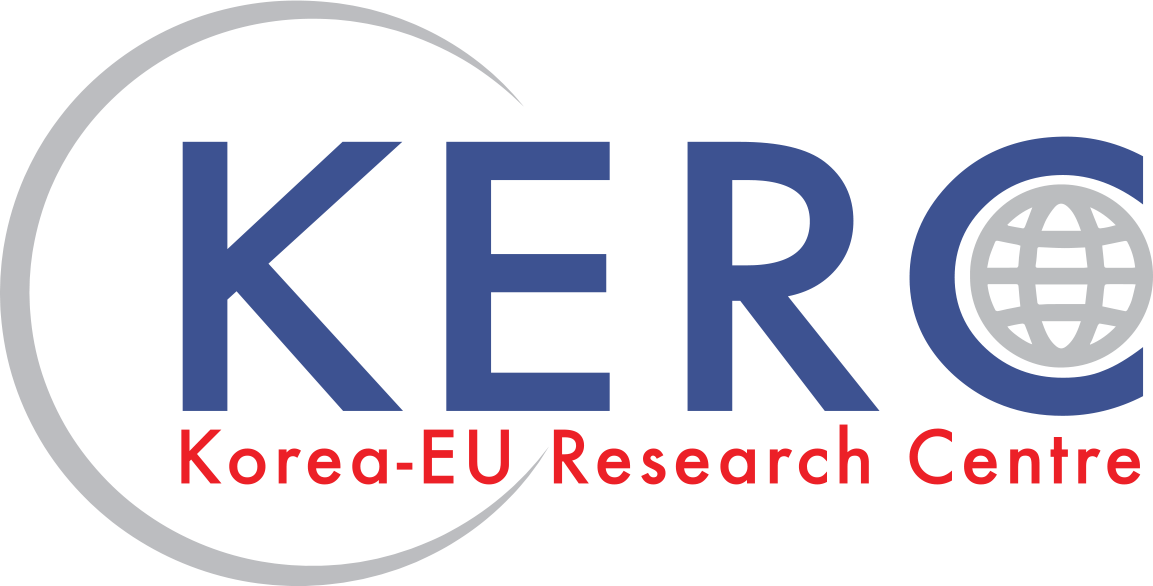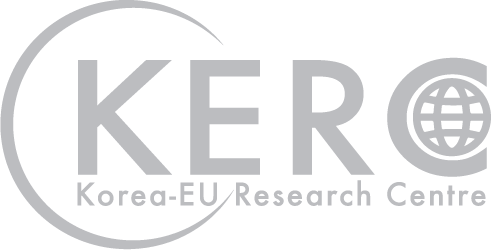Following the plan to nurture 150,000 skilled workers in the semiconductor industry over the next 10 years, the Korean government aims to nurture 1 million skilled workers for the digital industry within the next five years.
The Ministry of Education announced on Monday(22 Aug) that in cooperation with other ministries, it will train 1 million skilled workers for the digital industry by 2026, by doubling the number of information technology curriculum hours for elementary and secondary schools and requiring schools to run computer coding education.
The goal is one of the 110 state agenda items presented by President Yoon Suk-yeol. The ministry will push for measures to produce skilled workers for the digital industry, including software and artificial intelligence education for elementary and middle schools within this year.
According to the Education Ministry, the local digital industry -- which includes artificial intelligence, blockchain, general software, big data, metaverse, cloud, Internet of Things, 5G and 6G, cybersecurity and more -- will require some 738,000 skilled workers within the next five years. The demand may grow as other industries will need experts on digital platforms as well.
To cope with the demand, the ministry plans strengthen digital education for students.
Of the 1 million, 160,000 will be high school graduates or those with a college degree, 710,000 with a bachelor’s degree, and 130,000 with a master’s or doctoral degree.
To support digital education, the ministry will lift the student quota restriction on university departments related to the digital industry, allowing schools to launch or expand the departments.
Like the recent lift on semiconductor-related departments, digital technology-related departments can receive more students as long as they meet the standards on the number of faculty members.
As the industry requires highly skilled experts, the ministry also plans to expand graduate schools with expertise in artificial intelligence, virtual reality, cybersecurity and big data.
School hours for information technology education will double from the current 17 hours to 34 hours at elementary schools, and the current 34 hours to 68 hours at middle schools by 2025.
“In elementary schools, students will learn to grow familiar with overall computer language through play-based activities. Middle school students will learn to deal with real life problems with coding, while high school students will be trained to construct algorithms,” said Oh Seok-hwan, director of the Planning and Coordination Office at the ministry.
The ministry is to announce more details on the information education curriculum this month.
Information technology education will be focused on training students on computational thinking. Computer programming language education will also be mandatory at elementary and middle schools.
“Schools will hire short-term teachers or instructors for information technology education. For the long term, the ministry will reflect the demand for computer information teachers,” an official from the ministry said at a briefing held Monday.
To support talent from early on, the government will run specialized curriculums on software and artificial intelligence at gifted schools and science high schools.
The ministry will also introduce boot camp programs at universities next year to integrate digital technology with other majors such as humanities and social studies for convergence education.
Students who participate in the boot camps, which will involve 640 hours of education over 16 weeks, will receive “micro degrees.”
“The government and related ministries will support universities, businesses and individuals to show their competence in supporting diverse talent to acquire digital professionalism,” Vice Education Minister Jang Sang-yoon said.


